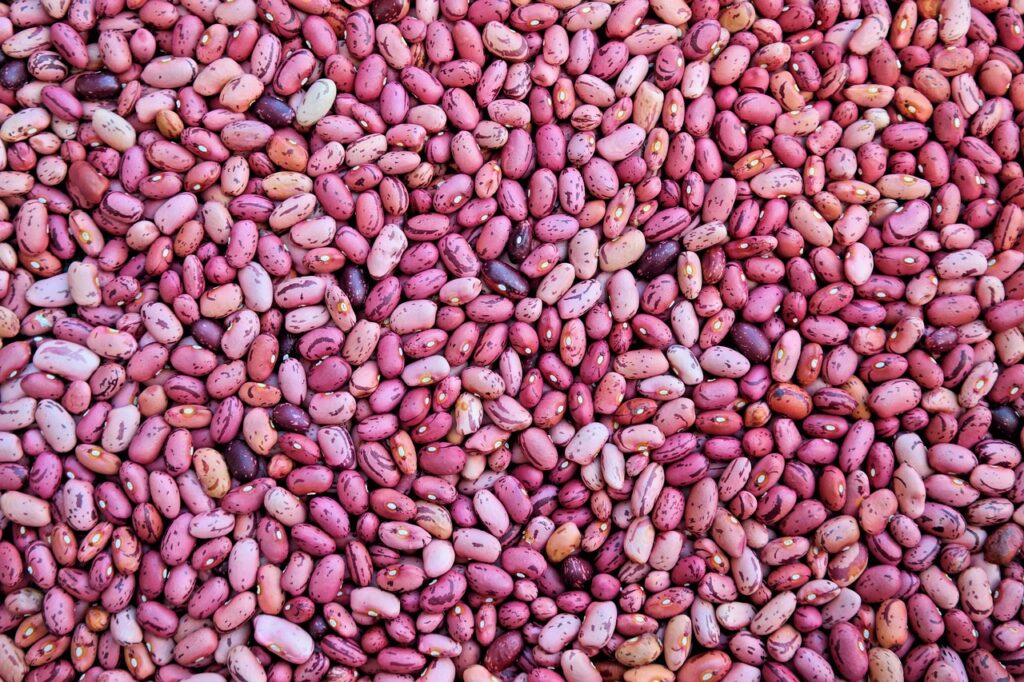Mexico‘s president, Claudia Sheinbaum, stated that her government will promote self-sufficiency in bean supply at the national level.
From 2022 to 2023, Mexican bean imports went from US$112 million to US$369 million.
Then, from January to July 2024, these foreign purchases were 335 million dollars, according to data from the Ministry of Economy.
Here are three factors that increased bean imports to Mexico:
- Drought in producing regions.
- Unilateral opening that allowed Brazil to export beans to Mexico for the first time.
- Reduced domestic availability of seeds.
Self-sufficiency in bean supply
Beans are a basic ingredient in Mexican culinary culture and provide protein and fiber.
The following are Mexican bean imports, in millions of dollars:
- 2018: 138
- 2019: 103
- 2020: 134
- 2021: 180
- 2022: 112
- 2023: 369
- January-July 2024: 335
Pietro Schisler, global director of Arbaza Alimentos‘ Global Accounts, pointed out that Mexico and Brazil are characterized by the fact that both the lower and middle classes, as well as the upper classes, consume beans.
While Brazil has not historically exported beans, Mexico has needed imports to supplement its consumption. But Mexico’s growing need allowed shipments of this product from Brazil.
“There was an opportunity and we expect it to continue,” said Schisler, while participating in the Mexico-Brazil Business Forum in Mexico City on Monday.
New seed company
Sheinbaum addressed this problem in her inaugural message as President of Mexico on Tuesday, stating that her administration will provide support to producers and a seed production company will be created.
She said: “We will recover the self-sufficiency of bean supply by supporting small and medium-sized producers in Nayarit and Zacatecas. We will create a national seed company that will support this objective to produce high quality seeds”.
Government support
Between September 1, 2023 and June 30, 2024, 4,600 tons of beans were stockpiled. This volume corresponds to the spring-summer 2023 and fall-winter 2023/2024 cycles. A total of 750 producers received support, resulting in an economic benefit of 82.5 million pesos.
Of the producers who received support, 166 were women, representing 22% of the total. The average income for each producer was 110,059 pesos. In addition, the average production was 6.1 tons per producer.

